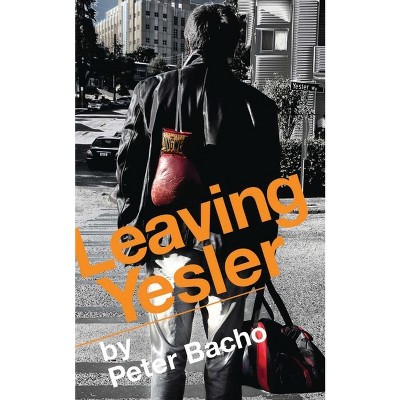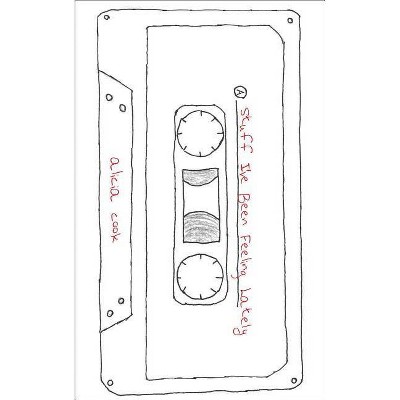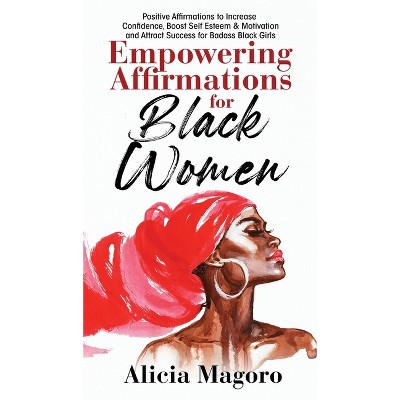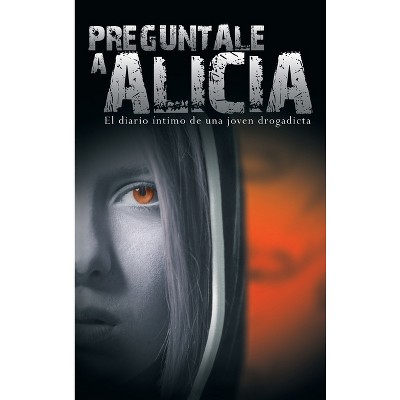Sponsored

Perishable World - by Alicia Hokanson (Paperback)
In Stock
Sponsored
About this item
Highlights
- "Who knows if the grief / I squeeze through my lips can be borne?
- Author(s): Alicia Hokanson
- 106 Pages
- Poetry, Women Authors
Description
About the Book
"In this collection, prize-winning poet Alicia Hokanson sets out to map the raw boundaries of grief by ruthlessly examining occasions and consequences of loss, offset by close and affectionate attention to the smallest nuances of the sensual universe. We learn that what perishes from this world is not only bearable but inseparable from what we celebrate."--Amazon.com.Book Synopsis
"Who knows if the grief / I squeeze through my lips can be borne?" says an ancient Aztec singer. In this collection, prize-winning poet Alicia Hokanson sets out to map the raw boundaries of grief by ruthlessly examining occasions and consequences of loss, offset by close and affectionate attention to the smallest nuances of the sensual universe. We learn that what perishes from this world is not only bearable but inseparable from what we celebrate. -Samuel Green, former Washington Poet Laureate, author of Disturbing the Light
Winner of the International Eyelands Book Awards GRAND PRIZE for poetry for 2021!
Review Quotes
"Moving and atmospheric, the collection basks in ebbs and flows, questioning whether mourning ends, but also finding joy in small moments. Perishable World is poetry in its most lyrical form, blending the rhythms of human life and nature." - DONTANÁ MCPHERSON-JOSEPH (August 9, 2021), Clarion Review
"You know what I long for--" writes Alicia Hokanson in an early poem in this book. And by book's end, we do indeed know what she longs for, which is what we all long for inside poems and out of them: the precise revelations of sensuous detail and the riptide of emotional truths carrying us out to sea and back again. If the natural world grounds Hokanson's poems, the human world--all our longings, our joys, and losses--are their ultimate destination. Hers is a trusting and trusted voice that both challenges and inspires us. What more could we wish for at this strange, unnerving, moment? "Did I give you what you needed in the end?" she asks in one of the harrowingly beautiful poems about loss that anchor this book. The answer is yes. -Jim Moore, Minnesota Book Award-winning poet, author of Underground, New and Selected poems
In Perishable World, Alicia Hokanson invokes a consciousness rimed with grief and radiance, feeding us with the luminous specifics of "this world and only this," as she stalks a holy peace even in the midst of upheaval and death, a perishing world poised on the balance point of environmental disaster tipping past remediation. No pony ride for the poet, this, but Perishable World slays us with a loving but unflinching exactitude that wields its axe at our frozen hearts with a clout of benediction and ravishment. -Lise Goett, Robert H. Winner Memorial Award poet, author of Leprosarium
In a quiet, insistent way Perishable World's poems of loss are also a heartening celebration of what endures, what grows, what appears right before us: forests, mountains, cliffs above an island beach, "kingfisher's branch and eagle's snag." Though these poems grieve for and honor lives that have passed away forever, they sing too of what remains. What remains, Hokanson tells us in language rich with image and musical phrasing, is precious beyond measure. Never have we needed such a reminder as these moving poems offer more than now. -Ed Harkness, author of Law of the Unforeseen and others
In Alicia Hokanson's poems, the intimacy of love merges with the intimacy of living closely with the landscape of the Pacific Northwest-the deep green of temperate rainforest, the islands and mountains, the flowers and bushes whose names become poetry. Her landscape includes the sorrows of this country over the last several years for the fragility of our environment, the spreading injustice, "half the nation whipsawed in grief."
Love in these poems is a giving: caring for a musician uncle "who said/I don't recommend living past 100," and remembering her parents' strengths followed by their loss through age and illness. Most striking are the poems about the illness and death of her husband. They are poems of love more than grief because loss is inevitable. Rather than rage against it, Hokanson attaches it to her world and makes it sing "to find again/the center where I love you." -Sherry Rind, author of Between States of Matter
Shipping details
Return details
Trending Poetry











